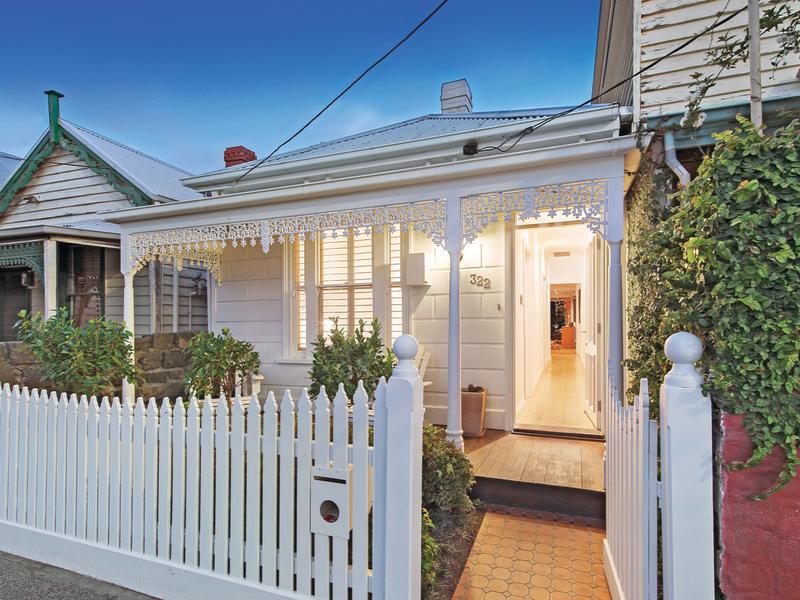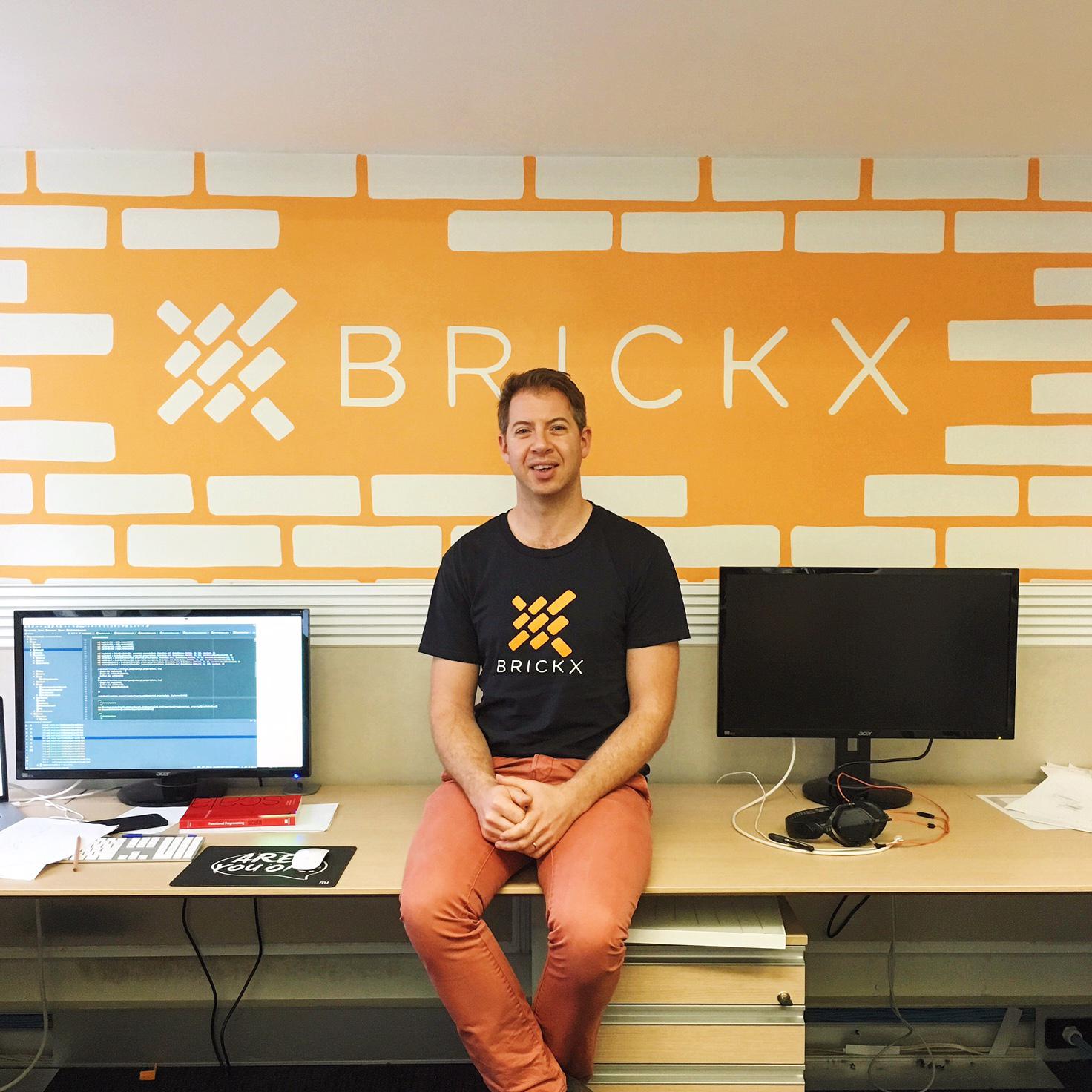5 Minutes With...Anthony Millet, BRICKX
Anthony Millet is the CEO of BRICKX, bringing to the role a wealth of innovative and professional experience in eCommerce, technology and the banking industries. Originally from the UK, Anthony has been responsible for building one of Europe’s largest e-Commerce businesses in the Sports and Outdoors sector and was an Associate Director at UBS Investment Bank, London.
Q. What is BRICKX's business premise? How does it work and how does it differ from other companies in the same field?
BRICKX is an Australian first allowing everyone to be able to invest in residential investment property without requiring the funds to acquire the entire property.
Each property sits in an individual trust, which is split into 10,000 units (or Bricks as we call them). Owning a Brick entitles you to receive your share of the rental income every month, and investors are also eligible to earn Capital Returns as the Brick Value and price changes.
Our platform allows investors to invest (from under $100) easily, with control over which properties they invest in, when to invest and also when to sell.

A Port Melbourne house which has just launched on BrickX's platform.[/caption]
Q. What are some of the major trends in the investment sector? How does BRICKX help people respond to these trends?
Without question, the last three years have shown phenomenal growth in most of Sydney and Melbourne, however from an investment perspective it is the fortunate minority who have benefited from this, with many first home buyers and investors being locked out of the property market not only due to affordability reasons, but also due to how fiercely contested each auction has become.
Residential property investments are extremely lumpy investments, and often provide little opportunity for diversification within an investor's portfolio. BRICKX changes this, by allowing people to invest in a fraction of the property and the ability to diversify across different properties.
We’re not crowd-funders as we buy the properties up front enabling us to be very competitive in this challenging market (we don’t think crowdfunding can work in such a fiercely contested market).
Q. What do you believe is the best investment opportunity?
Investors will likely have different strategies and reasons for investing, from diversification, to choosing higher income yielding investments, or perhaps only investing in the properties with gearing (debt). One of the many benefits of BRICKX is in providing investors with a diverse offering so that they can execute their own investment strategy.
The properties are selected in line with a mandate set by our Property Team, which includes Tim Lawless (Head of Research at Core Logic) and Nerida Conisbee (Chief Economist at realestate.com) and our wider buying team. We conduct all the due diligence you might expect when buying a property, and are currently looking at options in highly desirable suburbs where there is a long history of capital growth performance, strong tenant demand and limited opportunity for large scale development.
This is represented by the suburbs we are invested in Double Bay, Bondi Beach, Mosman, Enmore, Annandale (in Sydney) and in Melbourne, Prahran and Port Melbourne.
Q. Do you think the current trends are likely to change? Do you see any emerging trends on the horizon?
The Property Team gets together every quarter to analyse the macroeconomic and more localised situations, which helps us focus on the key areas to invest.
We remain bullish for Sydney, Melbourne and Brisbane, however the widespread growth that has been seen over the last three years will not be so easy to repeat, and we’re focused on buying the right types of properties in the right suburbs.
At the moment we would be avoiding large unit blocks in Melbourne CBD and Brisbane CBD as there has been (and continues to be) a lot of construction and new properties coming on to the market.
Q. What are some of the mistakes or pitfalls that potential investors regularly face?
We constantly remind our investors that property prices can go down as well as up! The last few years and some short term memories will contribute towards people thinking residential investment property is a sure bet. The reality is that prices are a function of supply and demand which is often driven by wider confidence, economic factors, interest rates etc.
As an asset class, residential property has outperformed all other significant asset classes (source ASX) over the last 20 years, but property does go through cycles.
Q. Are there any hot tips or tricks you’ve picked up over the years that help you with your work?
Don’t confine your thinking!

The real estate sector is one of the last to see technology advancements disrupt the status quo. Over the past couple of years, we’ve seen many new businesses start-up in the Property Technology (PropTech) sector which leverage technology and connectivity to provide new options and improvements to the way that people interact with this asset class, from virtual reality to investing.
Q. What drives you? What keeps you motivated?
Simply put, finding opportunities to build businesses which put solving a consumer problem at the heart of it. By leveraging technology, I'm able to quickly develop new ideas and products which aim to improve the lives of those my team and I interact with.















